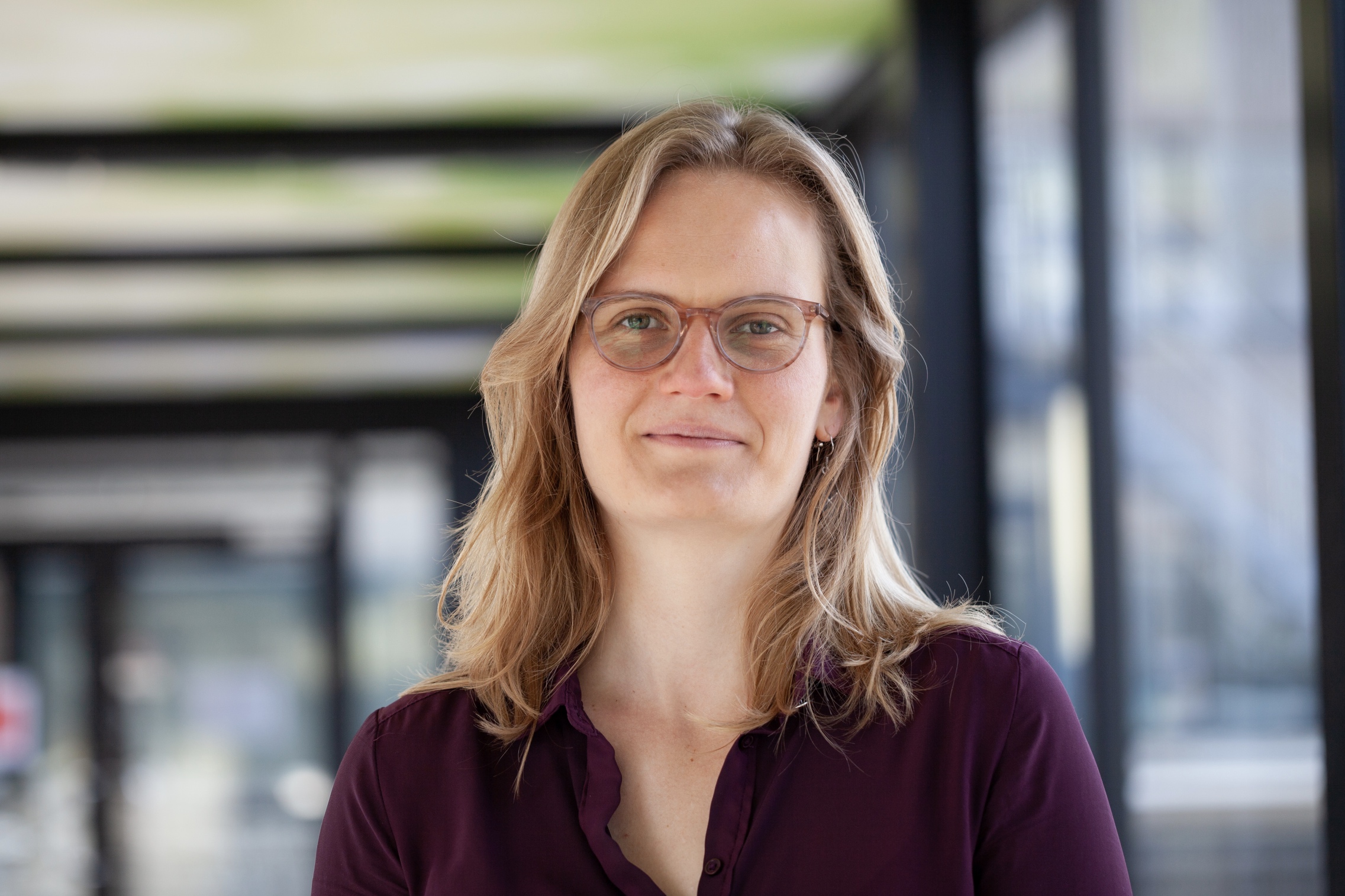Marieke Woensdregt

Research
Publications
Teaching
Research
Fast & flexible linguistic inference
During my third postdoc at at the Max Planck Institute for Psycholinguistics in Nijmegen, supervised by Andrea Martin, Iris van Rooij and Mark Blokpoel, I worked on what makes it hard to explain the cognitive capcitiy of flexible linguistic inference. That is, the apparent ability of proficient language users to interpret a novel word like “mask-shaming” upon first encounter, which arguably requires integrating semantic, morphosyntactic, and world knowledge. In this conference paper, we outline the core properties of the phenomenon to be explained, as well as various constraints on what makes a good explanation. We further show that these properties of the explanandum and constraints on the explanans can be in tension with each other, meaning our paper lays out a “force field” that researchers have to navigate when developing theory to explain this cognitive capacity for flexible linguistic inference.
Language and social cognition
During my PhD at the Centre for Language Evolution at the University of Edinburgh, supervised by Simon Kirby, Kenny Smith and Chris Cummins, I used formal models of simulated agents to investigate the hypothesis that language has culturally co-evolved with theory of mind. This had already been put forward as a verbal theory, but formalising it in a computational model allowed me to investigate under what circumstances such a co-evolutionary dynamic could have gotten off the ground. In this journal article published in Synthese, I showed that such co-evolution can happen if the population is under some pressure to either communicative succesfully, or to have insight into each others’ minds.
In my second postdoc at the University of Oslo, I worked with Paula Rubio-Fernandez and Julian Jara-Ettinger on a computational model of the production of demonstratives (words like ‘this’ and ‘that’). I combined computational modelling with experimental data (through model-fitting and model comparison). In this CogSci paper we showed that the role of social cognition goes to the core of our grammar, when using constructions like this one versus that one.
Language and social interaction:
During my first postdoc at the Centre for Language Studies at Radboud University, where I worked with Mark Dingemanse on his NWO-Vidi-funded project titled Elementary particles of conversation, I used computational modelling to investigate how language is shaped by and for social interaction. In a project accepted at the EvoLang conference, I used agent-based modelling to show that compositional structure and interactive repair (where a receiver asks for clarification about an utterance) can facilitate each other’s emergence through cultural evolution. In an MSc project I supervised, published in this proceedings paper of the Conference on Computational Natural Language Learning (CoNLL), we showed that distributing the process of ambiguity-resolution over multiple turns in conversation (through interactive repair) can alleviate the computational burden of pragmatic reasoning.
Plausibility constraints:
Computational models of cognition have to be plausible, which includes being tractable and scalable. In this CogSci paper, we showed that widely-used models of language evolution are intractable, and cannot scale to ecologically-sized vocabularies. This has important implications for how computational modelling results are linked to real-world phenomena.
